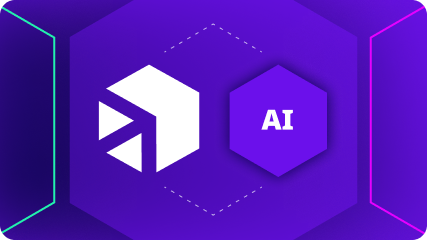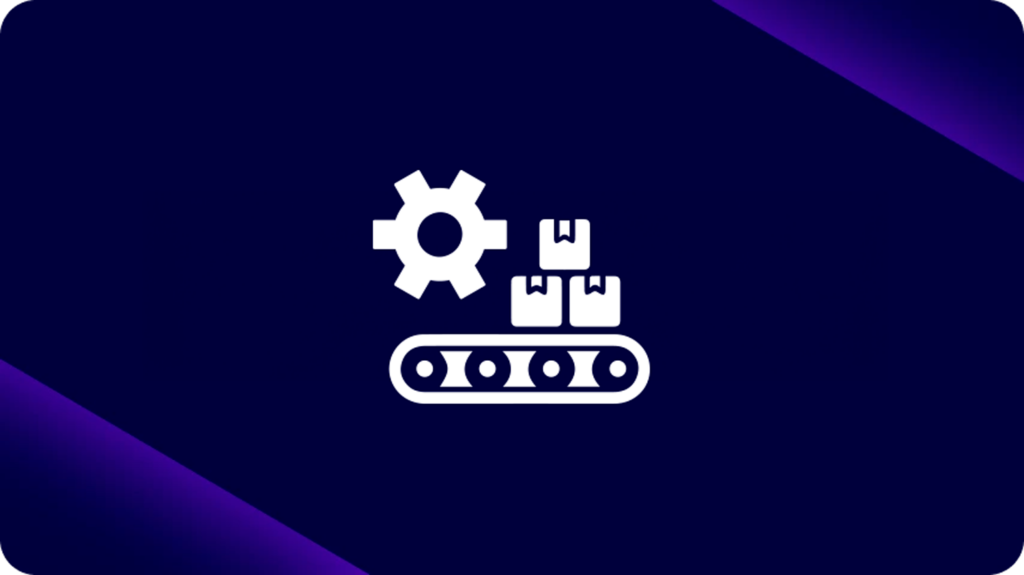August 4, 2022
A realidade dos negócios atualmente é que organizações digitais têm uma vantagem significativa sobre aquelas que ainda dependem de infraestruturas legadas. A evolução tecnológica, a globalização e as mudanças nas expectativas dos consumidores em relação às interações com as empresas têm dificultado a operação de negócios que ainda dependem de sistemas e dados isolados.
No entanto, a tecnologia oferece uma solução para esse desafio. A integração empresarial permite que empresas com sistemas legados, personalizados ou de nicho conectem dados e processos a plataformas modernas, adotando a transformação digital e mantendo-se competitivas. Ainda assim, o número de organizações que implementaram plenamente uma estratégia de integração continua baixo.
6%
responderam que têm uma tecnologia de integração específica em consideração
30%
dizem que o time-to-market é um de seus maiores objetivos para transformações digitais e migrações para a nuvem
28%
dizem que reduzir os custos operacionais gerais é um de seus maiores objetivos para transformações digitais e migrações para a nuvem
*Esta postagem do blog, publicada originalmente em agosto de 2022, foi atualizada acima para refletir os dados do relatório State of Enterprise Integration de 2023, publicado em abril de 2023.
>> Agende uma demonstração personalizada com nossa equipe de especialistas e veja como o iPaaS da Digibee trará eficiência ao seu negócio.
O que está impedindo as empresas de integrarem seus sistemas de software?
Se a integração empresarial traz tantos benefícios para os negócios, por que poucas organizações adotam uma estratégia de integração? Como explicar a disparidade evidente entre aqueles que enxergam a integração de forma positiva e aqueles que realmente a implementam, especialmente em um cenário de transformação digital crescente?
Profissionais de tecnologia, desde desenvolvedores até executivos do C-level, apontam diversos fatores que dificultam a implementação de estratégias de integração empresarial.
1. Restrições orçamentárias para integração de plataformas
O orçamento é o obstáculo mais citado para a integração empresarial, com 36% dos profissionais de tecnologia afirmando que preocupações com custos impactam negativamente os planos de integração. Projetos de integração frequentemente ultrapassam o orçamento, forçando os tomadores de decisão a escolher entre prioridades concorrentes — muitas das quais são mais atraentes para os stakeholders.
2. Preocupações com segurança durante a implementação da integração
Modificar o acesso aos dados ou sistemas de uma empresa — ou confiar informações críticas a uma parte externa — pode ser desafiador. Muitas plataformas e serviços de integração empresarial não oferecem transparência suficiente sobre como os dados sensíveis são transportados ou protegidos, gerando insegurança entre os profissionais de TI. Cerca de um terço (31%) relata que preocupações com a segurança dos sistemas ou dados dificultam a implementação de estratégias de integração.
3. Falta de especialistas em integração
Tentar implementar uma estratégia de integração empresarial sem uma equipe qualificada pode levar a projetos que excedem os prazos ou comprometem outras iniciativas, impactando negativamente o orçamento. Contar com profissionais ou consultores externos pode ajudar, mas essa abordagem muitas vezes implica custos mais altos e/ou preocupações adicionais de segurança.
42%
dos profissionais de TI disseram que suas integrações tinham práticas ineficazes e outras ineficiências que impactam o sucesso do negócio
98%
dos profissionais de TI afirmaram ter reconstruído integrações para as principais aplicações de negócios existentes nos últimos 12 meses
*Esta postagem do blog, publicada originalmente em agosto de 2022, foi atualizada acima para refletir os dados do relatório State of Enterprise Integration de 2023, publicado em abril de 2023.
4. Sistemas legados e arquitetura obsoleta
Os últimos anos — especialmente com a corrida para se adaptar a novos modelos durante a pandemia — deixaram muitas empresas dependentes de soluções improvisadas ou personalizadas que não favorecem uma transformação digital completa. Quando dados críticos para os negócios estão presos em sistemas isolados, muitas organizações assumem que a migração para a nuvem ou a integração não são viáveis. Na verdade, quase um terço dos profissionais de TI afirma que as preocupações de que seus sistemas legados ou personalizados não possam ser integrados os impedem de avançar com uma estratégia de integração empresarial.
42%
dos profissionais de TI dizem que seu principal objetivo no próximo ano é atualizar a infraestrutura legada
*Esta postagem do blog, publicada originalmente em agosto de 2022, foi atualizada acima para refletir os dados do relatório State of Enterprise Integration de 2023, publicado em abril de 2023.
O iPaaS remove barreiras à integração digital
Existe uma maneira de superar essas barreiras e diminuir o abismo entre as empresas que reconhecem a importância da integração empresarial e aquelas que já adotaram uma estratégia de integração?
Escolher uma solução de plataforma de integração como serviço (iPaaS) pode ajudar a resolver muitas das preocupações que impedem as empresas de avançar com a integração. O modelo “como serviço” das soluções iPaaS pode mitigar os desafios orçamentários, reduzindo os investimentos iniciais e os compromissos financeiros de longo prazo, permitindo que os usuários aproveitem ao máximo os benefícios da integração de aplicações.
O provedor certo de iPaaS empresarial protegerá os dados em trânsito e em repouso, oferecendo ferramentas para realizar testes abrangentes em todos os sistemas e integrações antes de sua ativação. Além disso, uma solução intuitiva e visual reduz a necessidade de alocar os principais especialistas da sua organização exclusivamente ao processo de integração, simplificando o desenvolvimento de integrações para aplicações legadas e personalizadas.
O estado atual da integração empresarial
A Relatório – 2023 State of Enterprise Integration da Digibee oferece informações exclusivas baseadas em dados sobre as últimas tendências em integração empresarial, bem como uma visão das melhores práticas atuais e mudanças esperadas no futuro.
A Digibee capacita as empresas a criar uma arquitetura de integração flexível e escalável que as ajuda a competir e se destacar no ambiente digital em rápida mudança de hoje. Nossa plataforma low-code e cloud-native permite que as organizações conectem aplicativos, processos e pessoas, para um tempo de lançamento mais rápido no mercado sem grandes compromissos iniciais.
Para obter mais informações sobre as tendências atuais na integração empresarial, baixe sua cópia gratuita do relatório, e reserve um tempo para entre em contato com nossos especialistas diretamente com suas perguntas.








